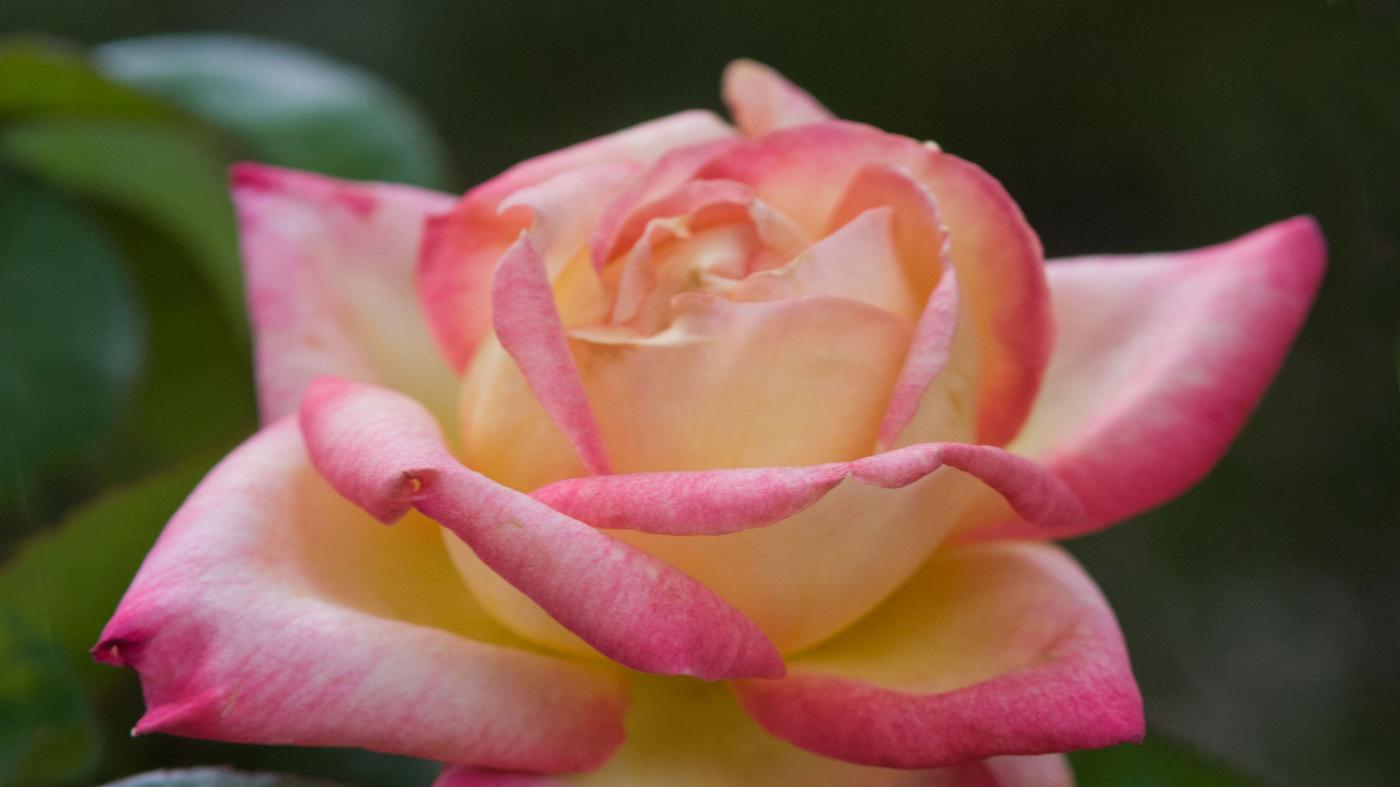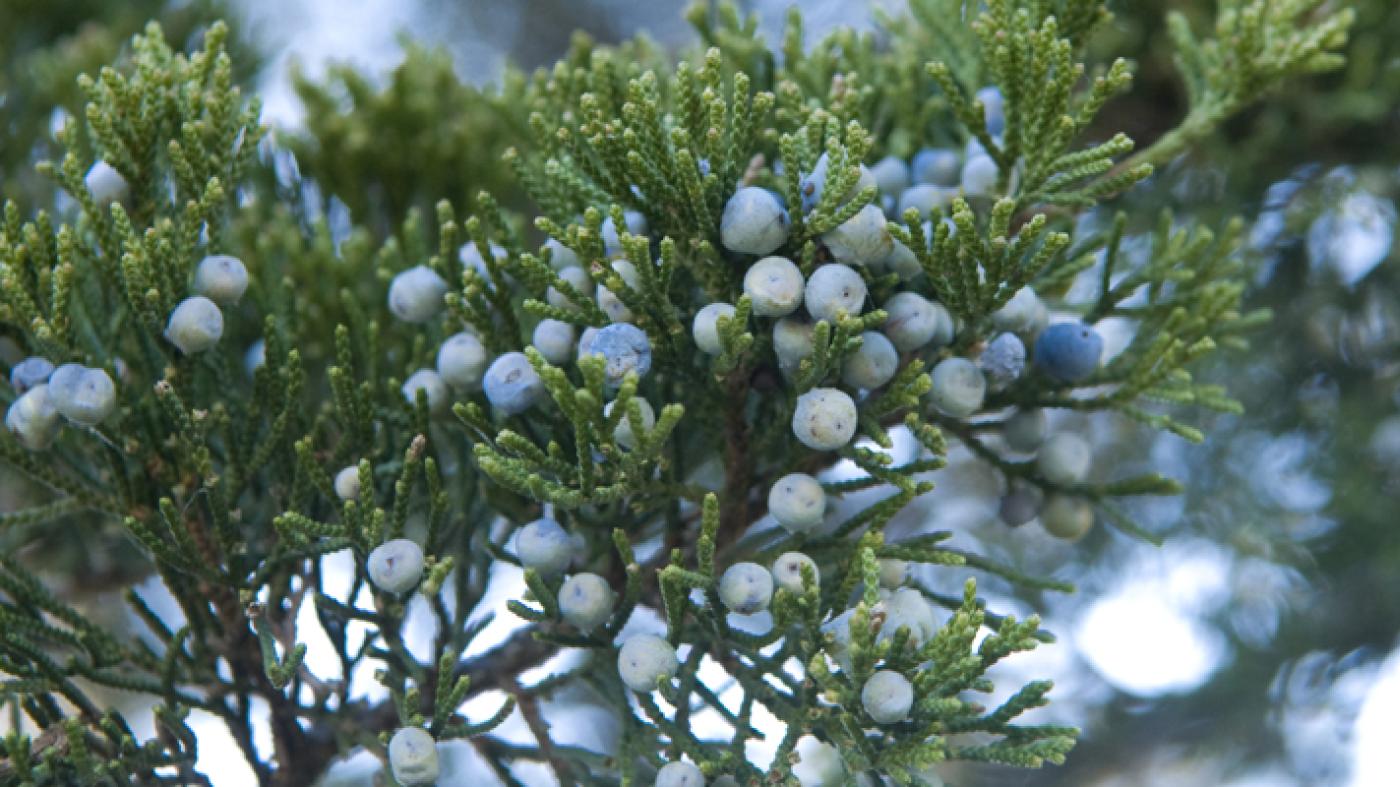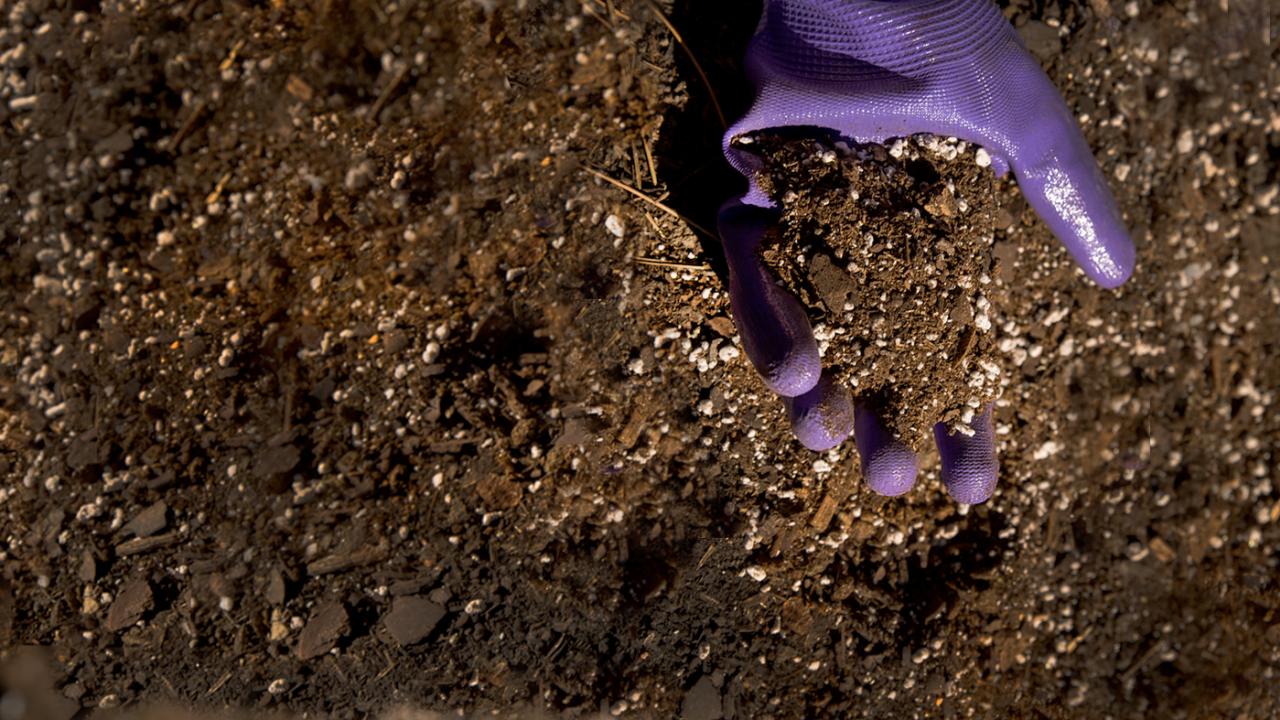
General Garden Care
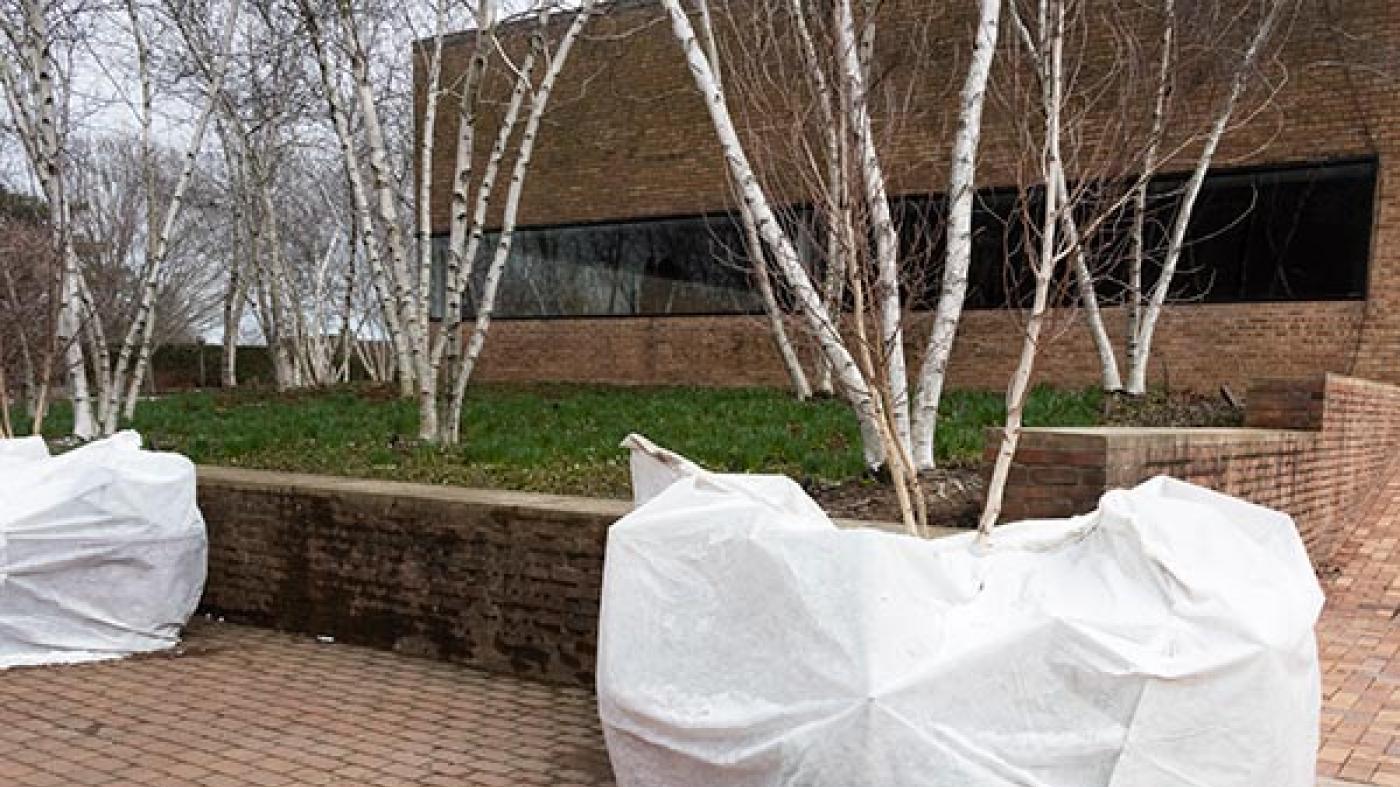
General Garden Care
On dry days remove winter debris from lawn and garden beds. Check for broken branches (prune immediately) or plants damaged by snow loads or rodents. Remove burlap screens erected to protect plants from wind or road salt spray.
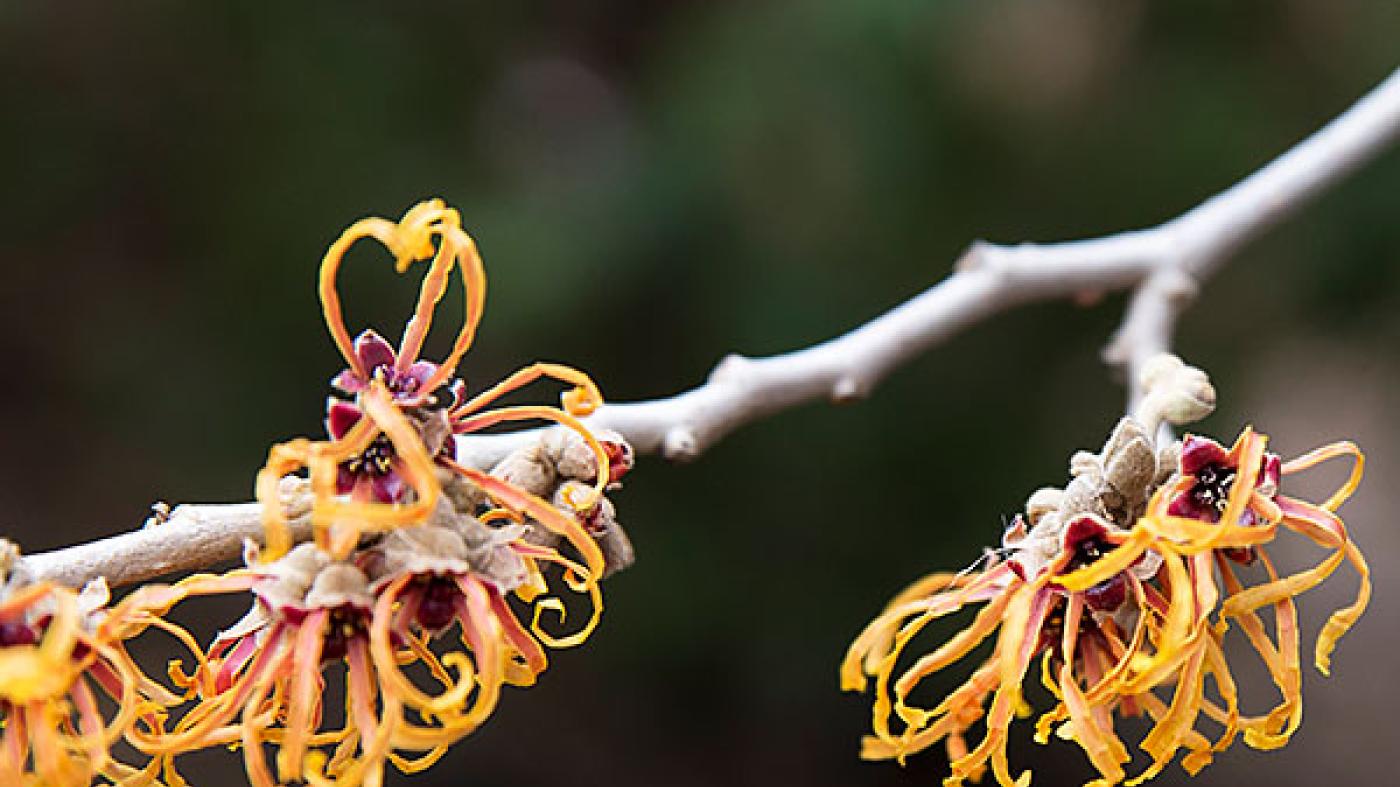
General Garden Care
Continue to order seed, bulb, and nursery catalogs to assist in planning your garden for the upcoming year. To help you choose the best plants for your garden, take advantage of the resources of the Chicago Botanic Garden's Best Plants Web site, the Plant Information Service, Lenhardt Library, or the Joseph Regenstein, Jr. School of the Chicago Botanic Garden.
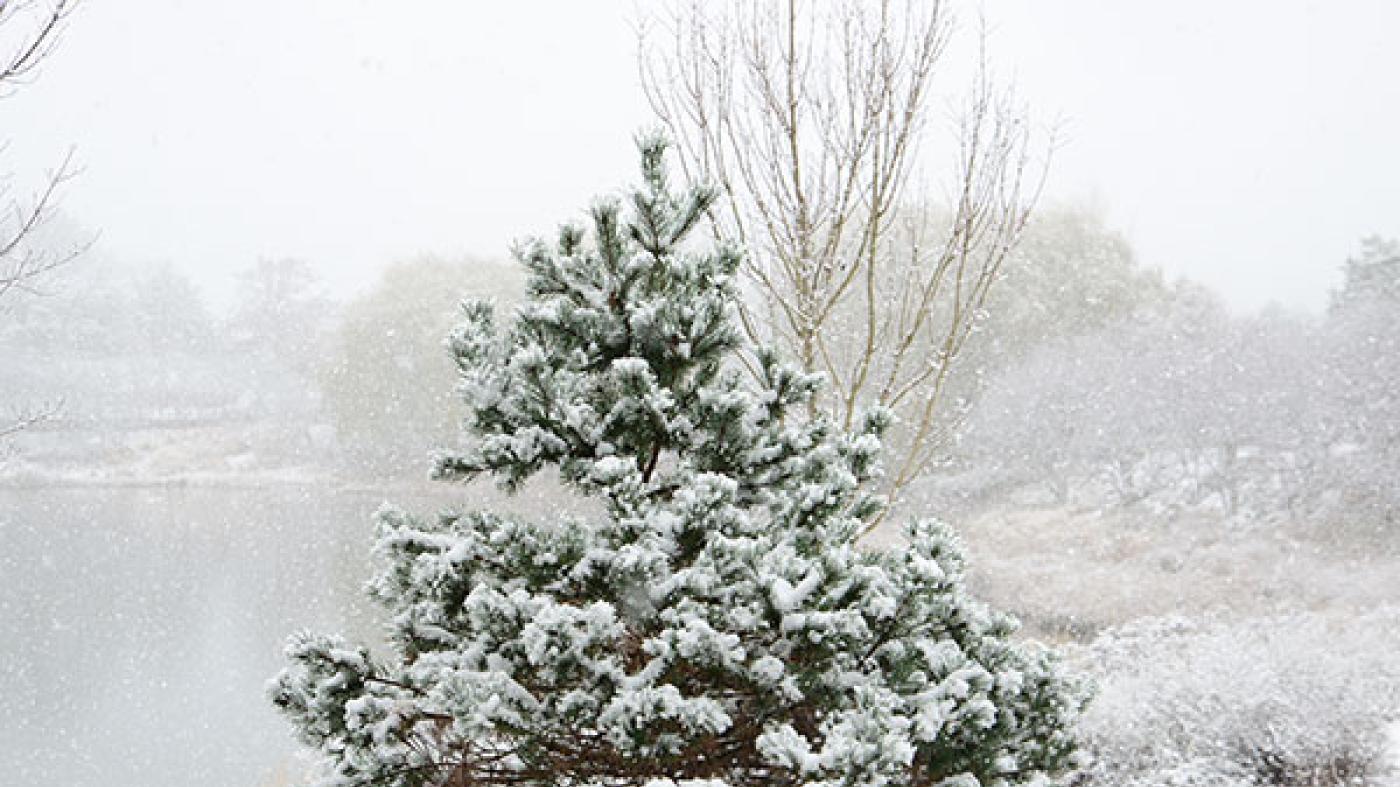
General Garden Care
Order seed, bulb, and nursery catalogs to assist in planning your garden for the new year. To help you choose the best plants for your garden, take advantage of the Garden's online resource Illinois' Best Plants, as well as its Plant Information Service, Lenhardt Library, and the Joseph Regenstein, Jr. School of the Chicago Botanic Garden. See seed-starting advice in "Indoor Plant Care" below.
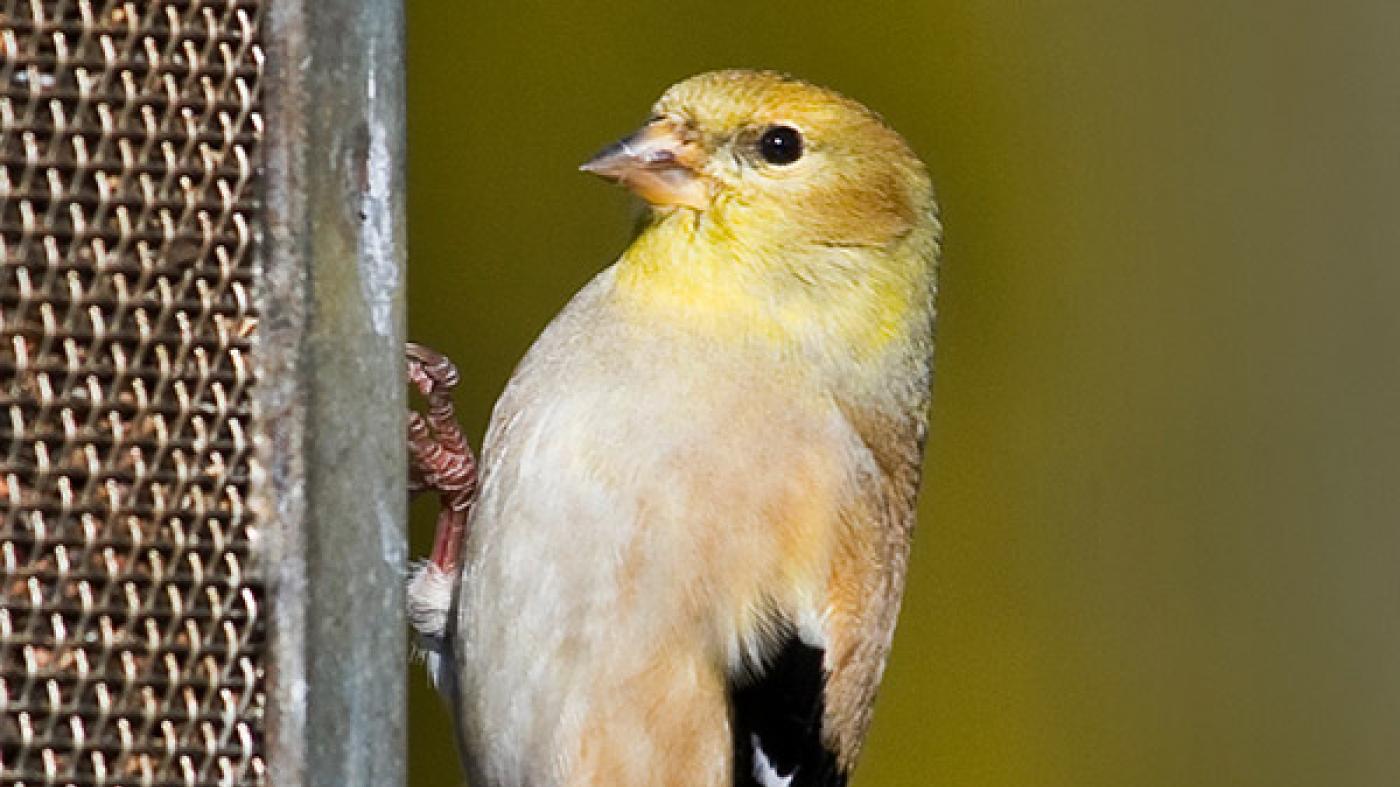
General Garden Care
Mulch perennial beds once the ground has frozen hard. Apply 2 to 4 inches of shredded bark, composted manure or garden compost, if not done already. Evergreen boughs from seasonal wreaths or small sections of Christmas tree branches may also be used as winter protection on garden beds.
If ice forms on surface of aquatic garden pond, pour warm water over it. Banging ice with heavy object can injure fish.
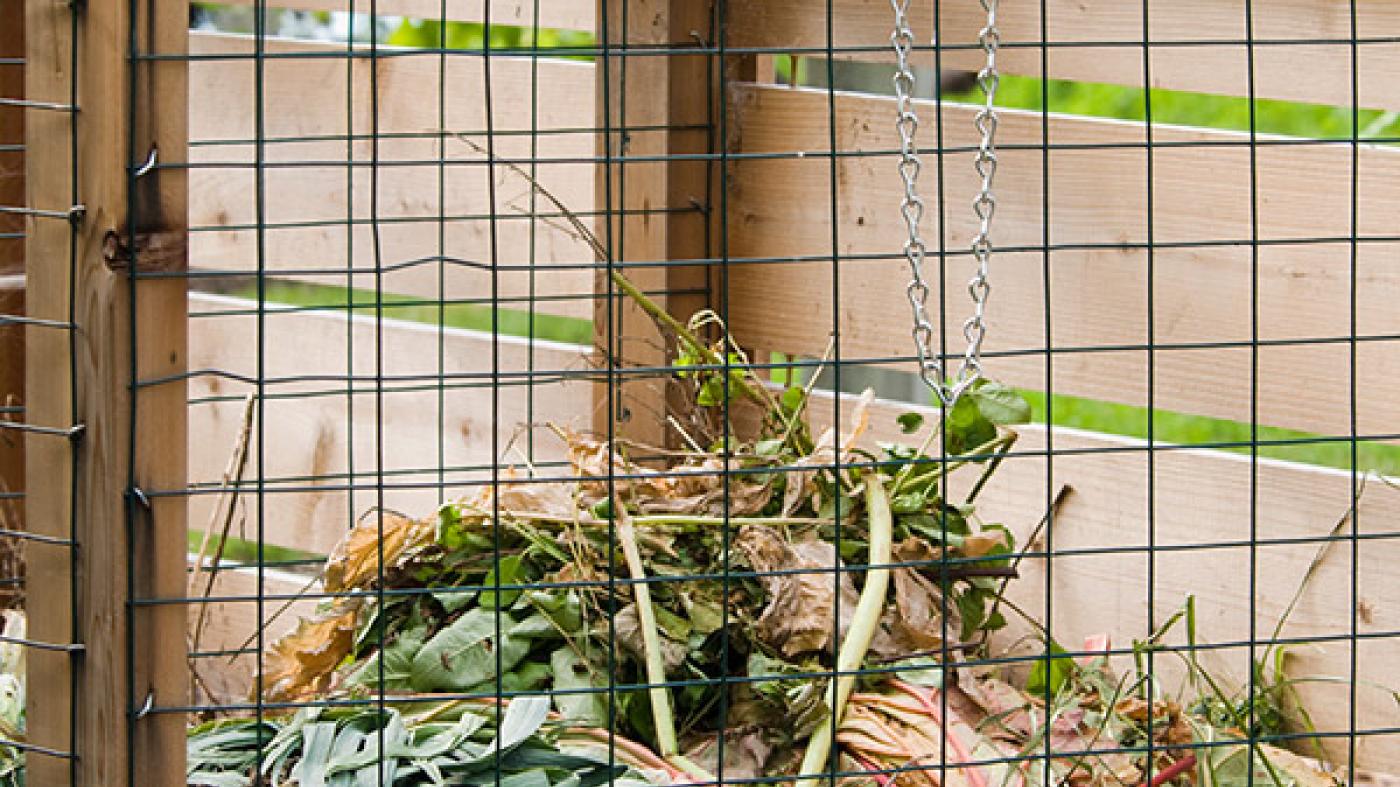
General Garden Care
Add 2 to 4 inches of shredded leaves, composted manure, or garden compost to perennial borders and garden beds once the ground has frozen completely.
Continue to feed the compost pile with grass clippings and dried plant material removed from garden beds. Avoid adding diseased plants to the pile. Turn the pile regularly to speed decomposition.
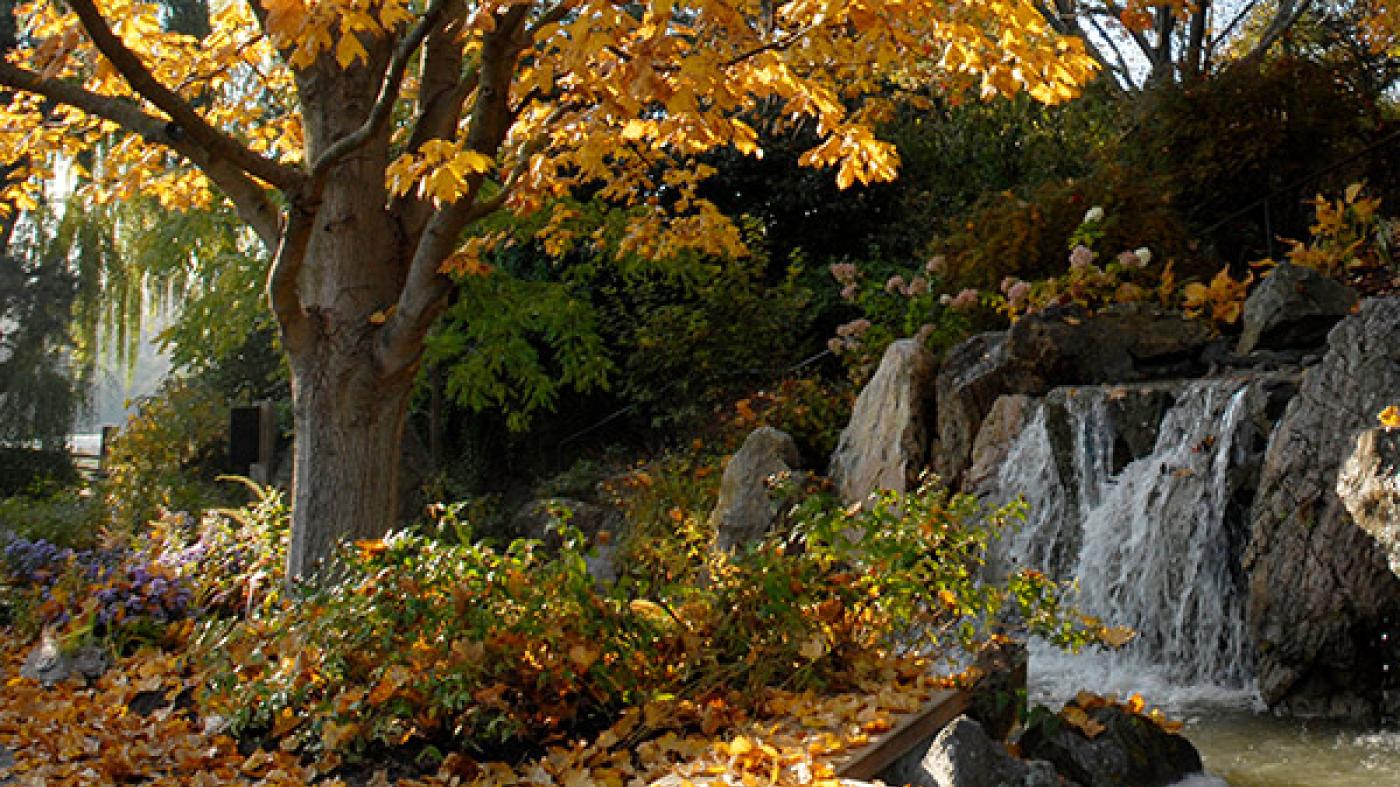
General Garden Care
Keep the compost pile active by adding layers of green material (grass clippings and frost-killed annuals or perennials) and brown dried material (fallen leaves, shredded twigs, and dried grasses) with small amounts of soil, fertilizer, and moisture. Turn regularly. Keep diseased material out of the pile.
Excess fallen leaves can be shredded and kept aside to use later next month as mulch for perennial and garden beds once the ground has frozen hard.
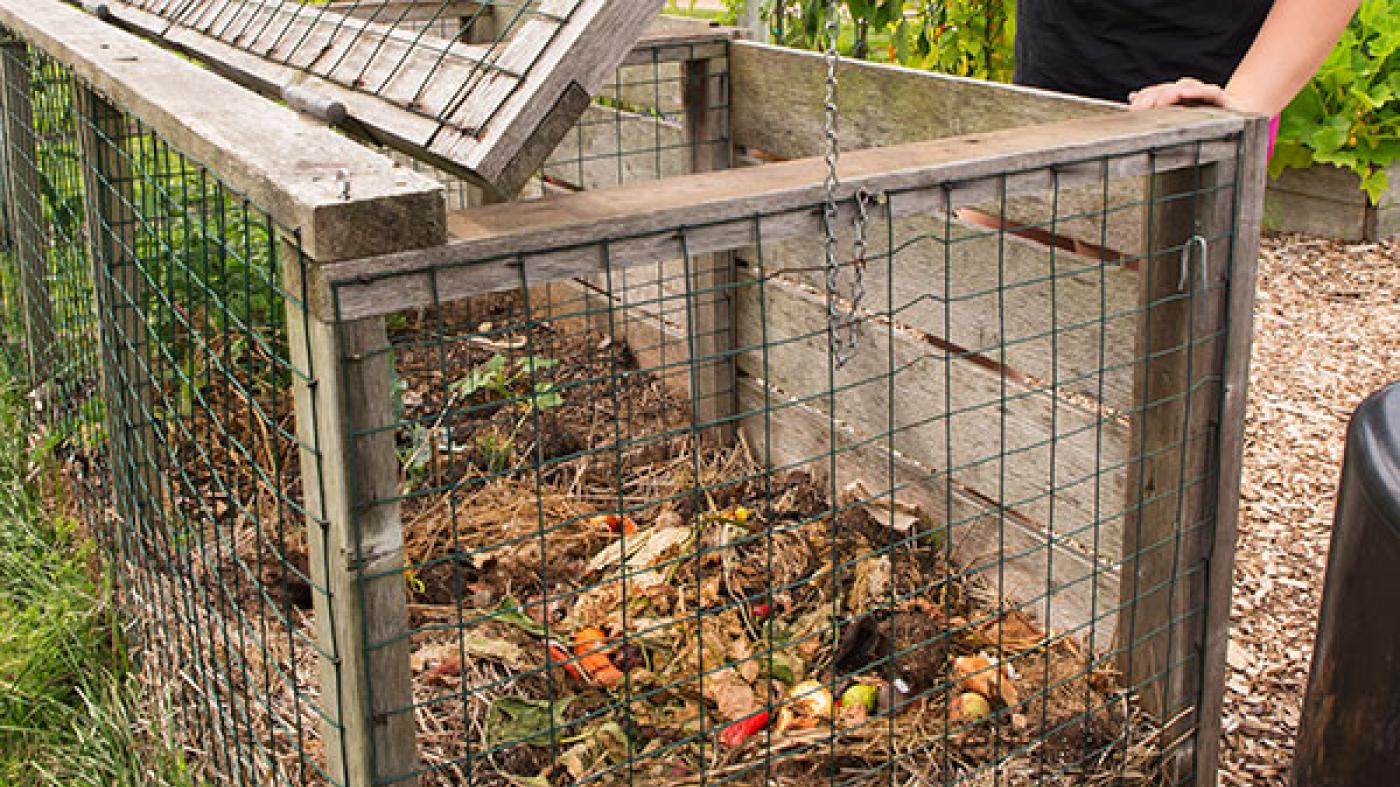
General Plant Care
September is a good time to begin a compost heap. Begin to layer grass clippings, dried fallen leaves, soil, a handful of fertilizer, and a little moisture. Shredded garden debris can be added as annuals and perennials die back next month.
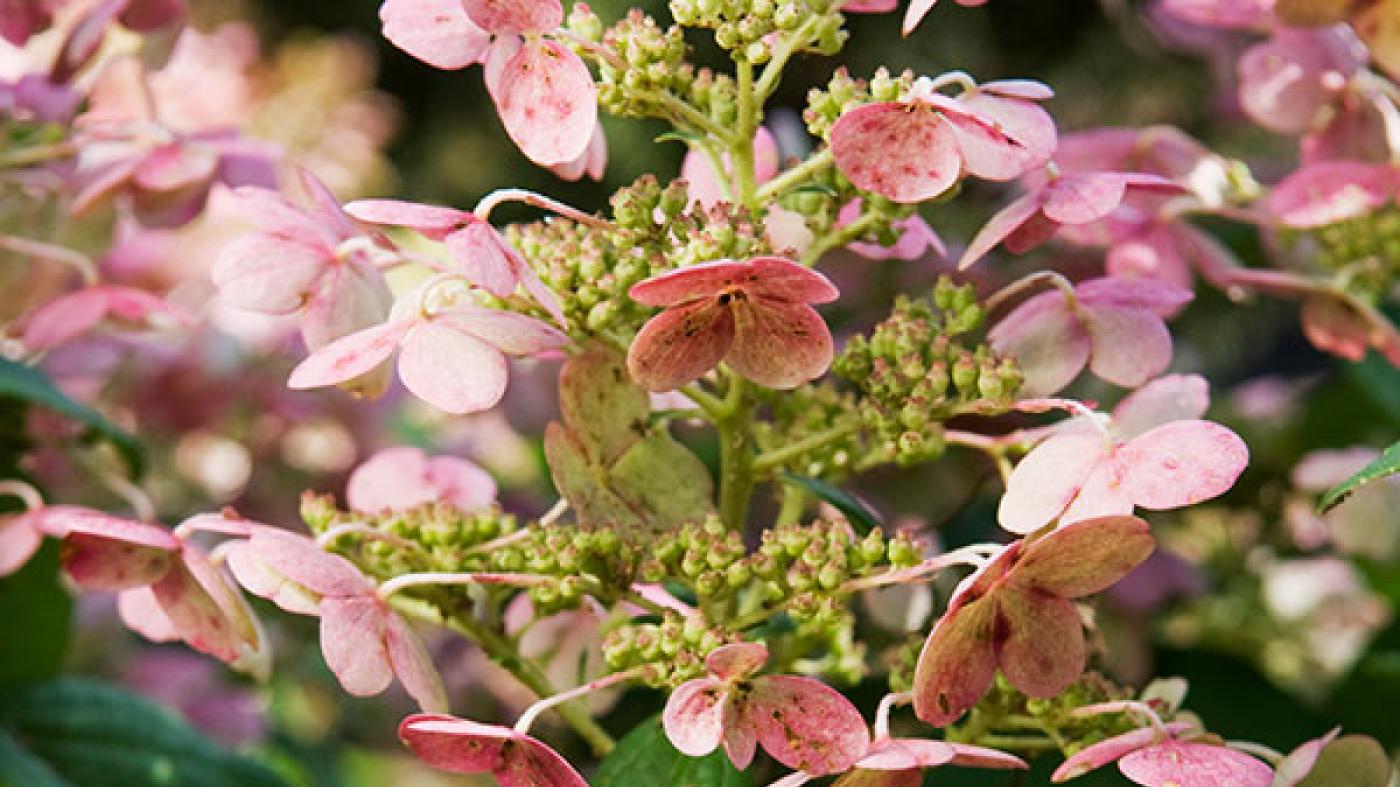
General Plant Care
Continue to water, weed, and monitor for insects on all garden plants. In times of drought, prolonged hot weather or water restrictions, first water all newly planted trees and shrubs, newly planted perennials and vines, and newly sodded or seeded lawns. Annual plants should be the last on the list, simply because of their ephemeral nature.
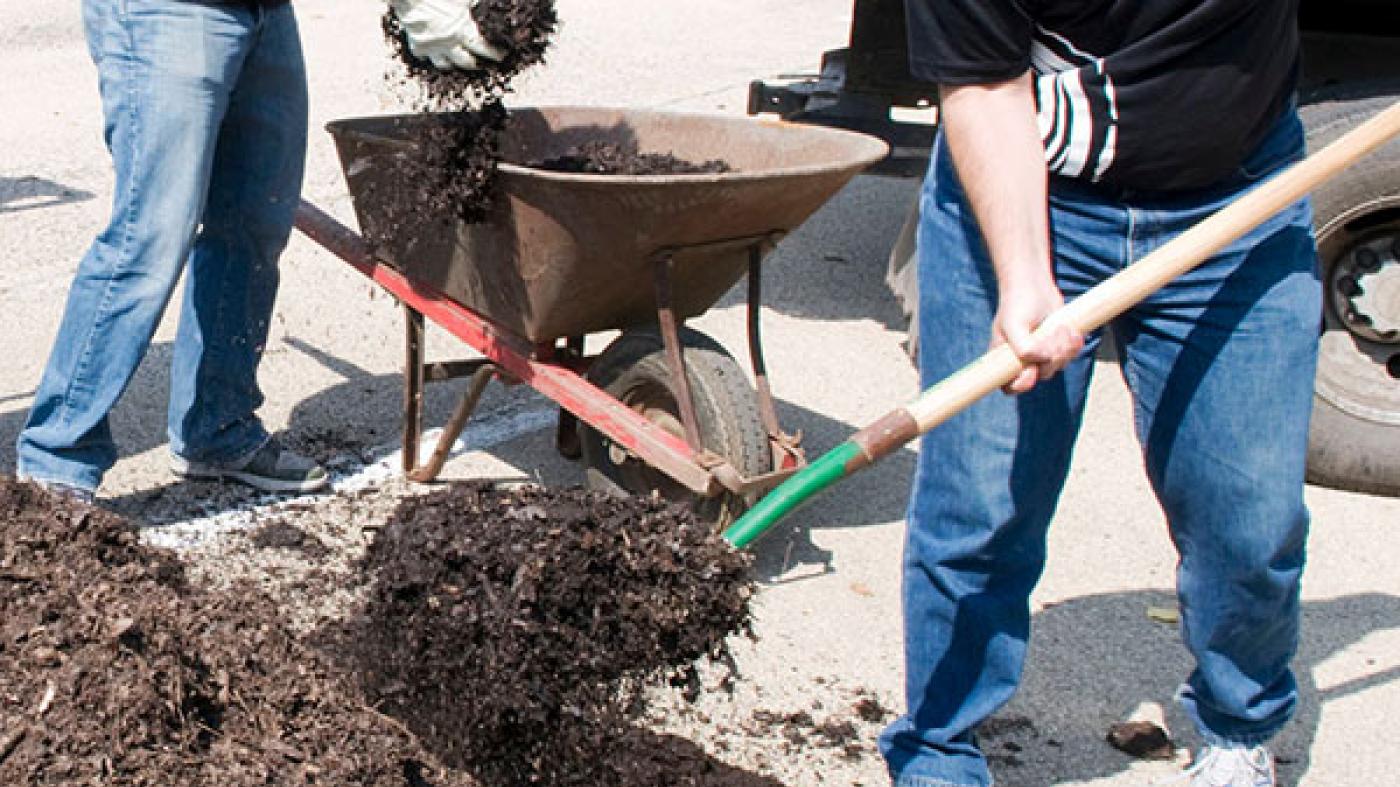
General Garden Care
Newly planted trees, shrubs, perennials, and roses must receive 1 inch of water per week throughout their root zones. This is especially important in hot, dry weather.
Continue to cultivate and weed. The return of hot weather will certainly push weed growth.
If not done yet, mulch garden beds immediately after weeding with 2 to 4 inches of shredded bark. This is the best way to retain moisture and keep weeds under control.
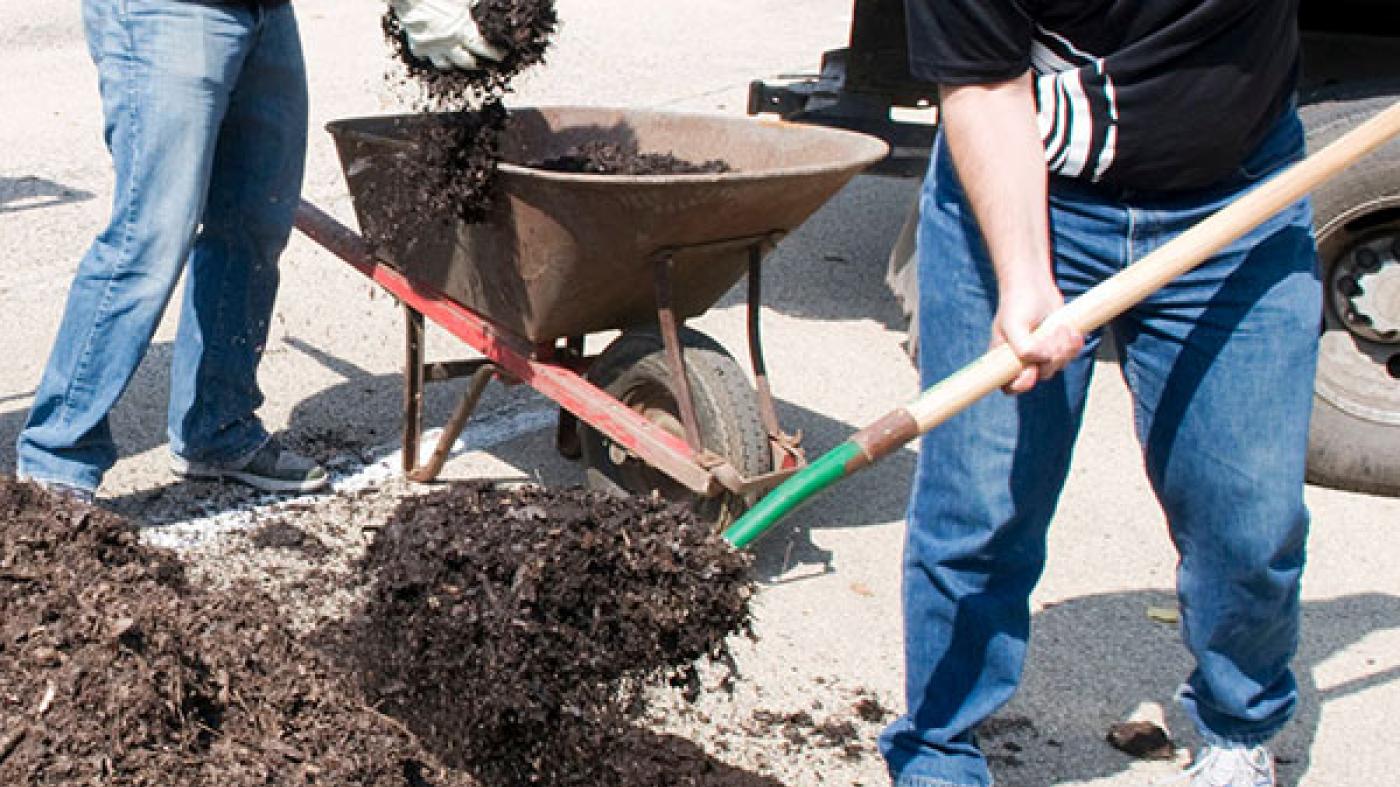
General Garden Care
Apply 1 to 2 inches of leaf mulch on flower beds and around trees, keeping mulch away from the trunks. Mulch conserves moisture, protects plant roots, suppresses weeds, and regulates soil temperature. Make sure all trees, shrubs, perennials, and roses receive 1 inch of water per week. If Mother Nature does not provide this amount, it is best to water deeply once per week rather than water shallowly several times per week.
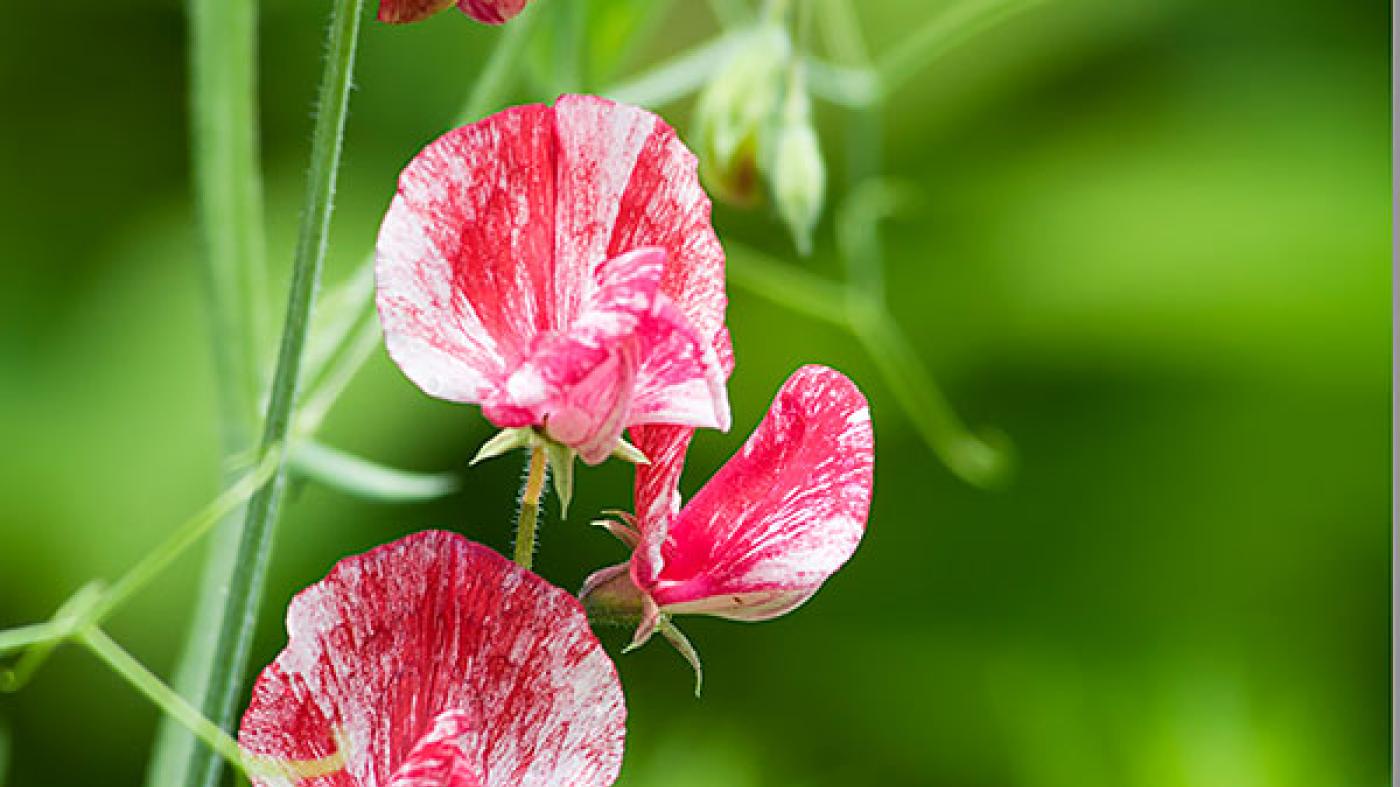
General Garden Care
Plant warm-season flowering annuals, vines, herbs, and vegetables after the Chicago area’s average last frost date of May 15. Cautious gardeners often wait until Memorial Day before setting out cold-sensitive plants such as tomatoes, peppers, eggplants, and squash. Pinch back one-third of new growth to encourage stocky habit (except vines). Be sure newly purchased annuals have been hardened off properly before planting them outside. Avoid fertilizing newly planted annuals for two weeks.
